![]()
Exactly 50 years after the liberation of the South and the reunification of the country, legendary pilot Colonel Nguyen Thanh Trung turns 80.
"I don't do anything big, but I want to do something that others can't do," he began the story with a reporter from VTC News Electronic Newspaper.
![]()
- 50 years of unification, entering the age of 80, do you feel you have completed your mission, can you leisurely and gently walk the last steps of your life?
10 years ago, when I was 70, I felt like an old man when I left the plane. For the past 10 years, I have been sitting down to calculate what I have done for my country and to note down what I have not done.
Sitting down to calculate, I see that the part I can do and contribute is also a lot. But the part I dream of but have not been able to do, have not had the opportunity to do is also not a little. I have done half of my wishes and the other half is still unfinished.
But in life, there are gains and losses. You can't have and do everything you want. There are things you can't do, things you haven't done yet, and things you will never do. But I always believe that my friends, teammates, and the next generation will continue to do the things I haven't done.
The things that we could not or could not do in our time are gradually being taken over and replaced by the younger generation. That belief makes me happy, life is like that, one thing after another.
As for flying, I must say I am satisfied. What I am most satisfied with is that the young generation today is very intelligent, diligent and quick-witted, and has good receptiveness to science and technology. The young pilots today are very good, they can confidently master the newest and most modern aircraft. Many of my students are currently Vietnam’s main pilots.
My son also follows in my footsteps as a pilot, which is also special to me.
![]()
- To become a pilot in a country at war is not easy, especially for the child of a revolutionary soldier, born in a revolutionary land?
Under Ngo Dinh Diem, pilots from Ben Tre were immediately eliminated. When I was 10 years old, my mother changed my name and my resume, but I was still from Ben Tre, so I wasn't sure if I would be selected.
Then I got accepted when I volunteered to be a pilot.
As for qualifications, health, physical condition,... to ensure the standards of a pilot are only technical. I am passionate and determined, so whatever the requirements, no matter how difficult, I will try my best to do it well. I can pass the most difficult challenges easily; I can fly any aircraft when I come into contact with it.
Once I became a pilot, I wanted to be a good pilot. Only a good pilot can do extraordinary things that others cannot do.
Sometimes when I think back, I feel like life is pre-programmed, dreams urge me, then work comes to me. The things I witnessed from childhood to adulthood, I directly face, have to learn and have to do.
- Studying and working in enemy territory, how did you avoid enemy eyes and ears?
I must affirm that I have done this without any flaws during the years of war, living, studying and working in enemy territory. The most difficult thing I have to go through is often answering why I don't have a father, what I know about my father.
I was born in 1945, but my birth certificate says 1947. When I was 10 years old, my mother re-registered my birth certificate to make me 2 years younger, with a personal history of just mother and child, no more information about my father - a revolutionary cadre, and my siblings. With such a personal history, I just stuck to it and lived, and it was always right. That said, I also had to face many checks on my personal history and hometown.
They kept asking, kept looking, I answered consistently, it became a machine, just press the button and the machine works (laughs). How to answer so that people believe, without any doubt, I have been prepared since my parents changed my birth certificate.
It's wartime. I only have the right to think about personal matters when I'm alone, when I'm really free. In reality, I always have to deal with many things, time and circumstances don't allow me to think about other things much.
![]()
- When the organization decided to bomb the Independence Palace, how did you feel?
At that time, I thought this was the right thing to do, there could be no other way.
Bombing the headquarters of the Republic of Vietnam government, the headquarters of the US embassy, was an idea and a desire that had been driving me since I first touched my dream of becoming a pilot. I had been determined to do it early and to do it. So when I was assigned the task, the first thing I thought was this was an opportunity, and if I didn’t do it, no one else could.
- How did you do it? What if your trick of flying back to Saigon failed?
Many people later thought that I separated from the group in the sky, that is, when the plane had already taken off. No, I separated from the group on the ground. To do this, I had to calculate a lot. If it went smoothly, it would be fine, but if it went wrong, what would happen next?
On the morning of April 8, 1975, I received orders to take off from Bien Hoa airport, flying an F5-E to bomb Phan Thiet.
I thought this was my chance to fulfill the mission assigned by the Party and the people. I decided in a flash to separate the squadron.

Lieutenant Nguyen Thanh Trung (right) after bombing the Independence Palace.
According to regulations, the following plane must take off 5 seconds after the previous plane, maximum 10 seconds. I used these 10 seconds to distract the flight commander and the ground observation station.
Taking off, I did not join the flight to Phan Thiet but flew back to Saigon, carrying 4 bombs towards the Independence Palace. I planned to drop 2 bombs on the Independence Palace and 2 "reserved" for the US Embassy.
However, the first two bombs missed their target. When I turned back to look, I thought “missed” and continued to throw the remaining two.
After throwing, I flew back and forth 2-3 times to make sure I hit the target. At this point, I thought I had to use everything, so I circled to Nha Be fuel depot, fired 300 more 120mm bullets that were still on the plane. Then I flew to Phuoc Long.
- At that time, did you think about being chased by planes, or being shot from the ground?
The F5 I was flying at that time was the most advanced American fighter jet, no other could catch up. And if I was chased, only the F5 could do it. The pilots were also from the same squadron, I knew the capabilities of each person because we studied together, flew together, and worked together.
I was confident that no one could catch me. Not to mention, because I was prepared, if I flew in a zigzag pattern, no one could catch me. Even if they did, from the moment they received the order, they would have already completed the mission.
I also studied the anti-aircraft batteries around the Independence Palace carefully before carrying out the mission. I knew each battery, which angle to place it at, which planes it could shoot down, and “accepted all of them”. Even anti-aircraft artillery fire was useless.
Even now, 50 years later, thinking back to the events of the morning of April 8, I still remember every image and thought that flashed through my mind. In all situations, I acted quickly. Of course, the actions I took were carefully prepared and not reckless.
- What worried you most when bombing the Independence Palace?
The Independence Palace is a few hundred meters from Ben Thanh Market, so I was very worried about throwing it in the wrong place. I calculated very carefully, checked it over and over again, but was still worried about throwing it out. Luckily, my worries did not come true.
- How did you feel when you landed at Phuoc Long airport?
Landing in Phuoc Long, I breathed a sigh of relief. I was alive. Perhaps these were the happiest hours of flying. Happier than meeting my comrades at the liberated airport.
While flying, I also thought about where to go, because there was no more airport in the South to land at, I had to go to Da Nang. But flying to Da Nang was too dangerous.
Parachuting is the last thing to do. For me, fighting means coming back, bringing the plane back.
No one expected that I would land at Phuoc Long airport with a runway of only 1,000m, while the F5-E had to land on a runway of 3,000m, and in such a difficult location. Even Saigon pilots kept asking Singapore and Thailand if I would fly there.
![]()
- Why didn't you take your wife and children to a safe place before carrying out the mission?
That’s what I think about a lot, especially when my mission gets my wife and children arrested. No one can evacuate their loved ones. If I prepare, it will be exposed, and even if I prepare, it is just to prepare for contingencies. I have to accept it, there is no other way.
When I decided to fly to Saigon to bomb the Independence Palace, I thought my wife and children would be arrested. At that time, my baby was only 8 months old.
For me, the liberation of Saigon on April 30 was complete and fortunate. My wife and children were released after more than 20 days of detention and 2 days later I returned to Saigon to reunite with my family.
- 20 days after bombing the Independence Palace, you led the Quyet Thang squadron to bomb Tan Son Nhat airport. During the 20 days of carrying out the mission at 2 special locations, how was your belief in victory?
The atmosphere had been at its peak since the first days of April. Those days were very exciting, the people were full of confidence, everyone wanted the Republic of Vietnam regime to collapse soon, the country to be liberated. I also imagined the time of liberation was near.

Quyet Thang Squadron at Thanh Son Airport (Phan Rang) after bombing Tan Son Nhat Airport on April 28, 1975, Mr. Nguyen Thanh Trung on the far left. (Photo: TL)
On April 27, 1975, a combat squadron was established named "Quyet Thang Squadron" consisting of 5 pilots flying A-37s, of which I was the number 1 pilot, both commander and navigator.
On April 28, we departed from Thanh Son to Saigon, bombing Tan Son Nhat airport. The attack targets were the fighter jet area, runway, and ammunition depot of the Republic of Vietnam Air Force.
The air raid destroyed the runway and many military aircraft, preventing the RVN Air Force from using Tan Son Nhat base to send bombers into the battle zone next to Saigon, contributing to disrupting the evacuation plan of the US military.
Having completed the mission, we flew back to Thanh Son airport (Phan Rang). Two days of anxiously following the progress of the troops advancing towards Saigon. And on May 2, I returned to Saigon.
- His happiness on the day of liberation was probably doubled when he believed victory would come true, his family would be complete, and Saigon would be complete?
I was extremely happy. As an insider, I always anticipated that the liberation of Saigon would be very difficult. But fortunately, everything went perfectly. The city was peaceful, people poured into the streets to welcome the troops, that was the greatest happiness.
My own happiness is the same, tears of pride flow because after the war, my family is still intact. For me, from now on, I no longer have to fly planes to drop bombs and bullets.
- One of our successes was keeping Saigon intact, with buildings and houses not falling into ruins after April 30. How did you witness and evaluate this?
No one dared to think that the war would end peacefully in this city. We liberated Saigon with the determination to take back the city. Fortunately, what we feared did not happen. Saigon was peaceful, with houses, warehouses, yards, and constructions intact.
The war was fierce, but after the war, the people were safe and happy.
![]()
- What did the young pilot do first after the country was quiet in early May of that year?
I was still in the air force, at the 935th Regiment stationed in Bien Hoa. At that time, we immediately received the abandoned American aircraft, about 40-50, and immediately organized training and conversion for pilots from the North. I directly trained them, because our pilots at that time only flew MIGs, not A37s or F5s.
And so began a new phase of repairing the planes and training pilots. The work continued, with no time to think about anything else.
Liberated, I'm still a pilot. Everything is as easy as getting on a plane.
- How does it feel to fly a plane in the sky without guns and bullets for pilot Nguyen Thanh Trung?
It was truly peaceful, light, and indescribably happy. I was free to fly in the sky of a country that was completely free of bombs and bullets.
![]()
- You were the first Vietnamese to fly Boeing 767 and 777, marking the great development of the country's aviation industry. How long after the war did you fly for civilians?
In 1990, I left the air force and switched to civilian aviation. I flew for Vietnam Airlines, working as Deputy General Director, but my main job was flying, because in the early days of aviation development, we lacked pilots.
Back then, I flew Russian Tupolev planes and only flew domestically, the farthest was via Bangkok - Thailand.
In 1995, I flew a Boeing 767 carrying President Le Duc Anh to New York to attend the 50th anniversary of the United Nations. This was my first trip back to the US after liberation. That trip took me from Brazil to Colombia, to Mexico, and then to the US.
I don't remember all of them but I probably flew about 25,000 hours in my career.
- What do you want to say to the young generation, the generation born when the country has entered the era of science and technology?
During the war, there was no other word to describe Vietnam than heroism. No matter how difficult or fierce it was, we could “fight”, regain peace, and keep every inch of land.
I am proud that our ancestors were always very resilient, keeping the country intact and building the country to develop and progress more and more.
Therefore, the young generation, living in an era of scientific and technological development, having the conditions to learn and absorb modern technology, must love and protect the country even more.
Now Vietnam is also ranked quite well in the world in many aspects, there is nothing we cannot do, from economy to science, culture, we are not inferior to anyone. Vietnamese people are a source of pride wherever they are.
Thank you!
Pilot Nguyen Thanh Trung's real name is Dinh Khac Chung. His father is Dinh Van Dau, former Secretary of Chau Thanh District Party Committee, Ben Tre, who died in 1963.
His three older brothers were all party members, participating in the resistance war against the French, so from a young age he was classified by the Ben Tre Provincial Party Committee as a "red seed" who needed to be protected and developed.
A year after his father was shot dead, he became an employee of the Central Committee for Mass Mobilization of the Southern Region.
In 1964, he became a spy, operating on a single line in the Central Intelligence Agency of the South, directly led by the Secretary of the Central Intelligence Agency Pham Hung. He participated in many battles in the inner city of Saigon from the Mau Than campaign before studying to become a pilot as required.
The two airstrikes on the Independence Palace and Tan Son Nhat Airport carried out by Nguyen Thanh Trung had great strategic significance, contributing to ending the war, liberating the South, and unifying the country; it was a glorious feat, a perfect strategic intelligence mission.
In 1994, pilot Nguyen Thanh Trung was awarded the title Hero of the People's Armed Forces.
Vtcnews.vn
Source: https://vtcnews.vn/pilot-nem-bom-dinh-doc-lap-tron-ven-voi-toi-la-sai-gon-nguyen-ven-ngay-30-4-ar935357.html



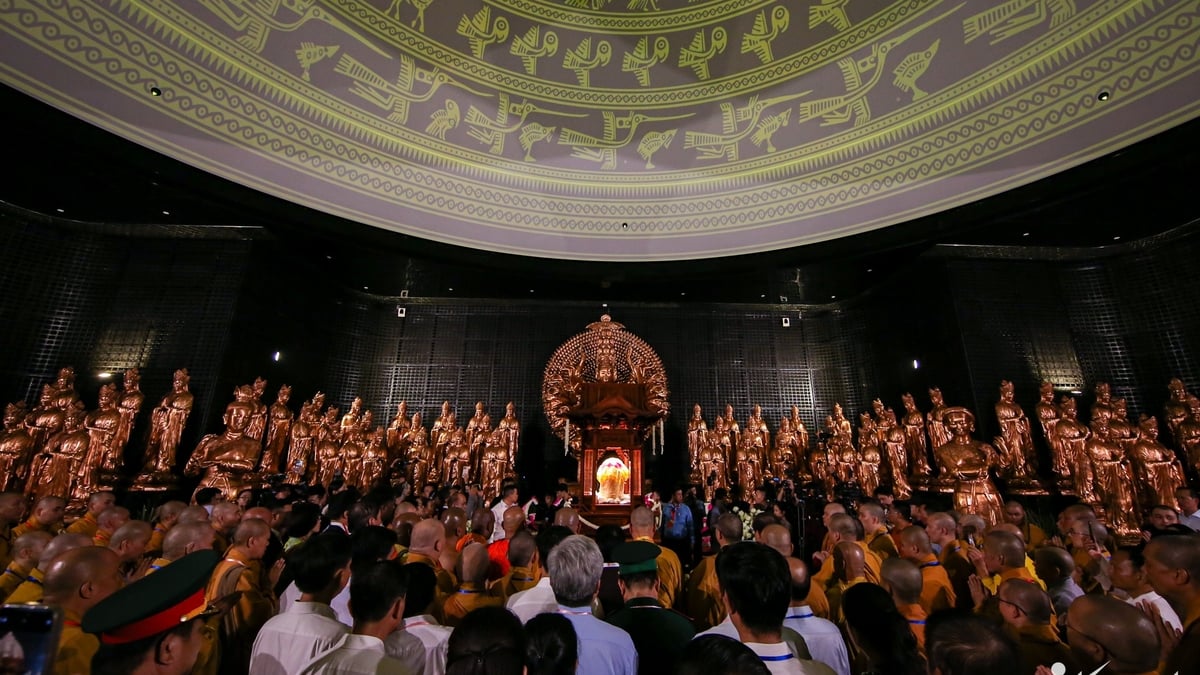
![[Photo] General Secretary To Lam begins official visit to Russia and attends the 80th Anniversary of Victory over Fascism](https://vphoto.vietnam.vn/thumb/1200x675/vietnam/resource/IMAGE/2025/5/8/5d2566d7f67d4a1e9b88bc677831ec9d)
![[Photo] Prime Minister Pham Minh Chinh meets with the Policy Advisory Council on Private Economic Development](https://vphoto.vietnam.vn/thumb/1200x675/vietnam/resource/IMAGE/2025/5/8/387da60b85cc489ab2aed8442fc3b14a)
![[Photo] National Assembly Chairman Tran Thanh Man chairs the meeting of the Subcommittee on Documents of the First National Assembly Party Congress](https://vphoto.vietnam.vn/thumb/1200x675/vietnam/resource/IMAGE/2025/5/8/72b19a73d94a4affab411fd8c87f4f8d)
![[Photo] President Luong Cuong presents the decision to appoint Deputy Head of the Office of the President](https://vphoto.vietnam.vn/thumb/1200x675/vietnam/resource/IMAGE/2025/5/8/501f8ee192f3476ab9f7579c57b423ad)
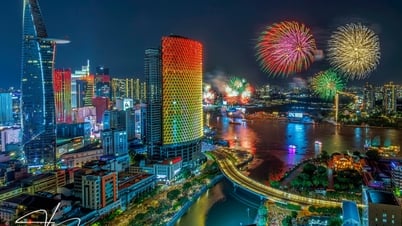

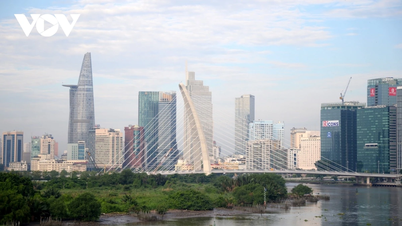

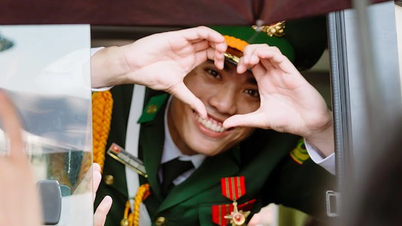
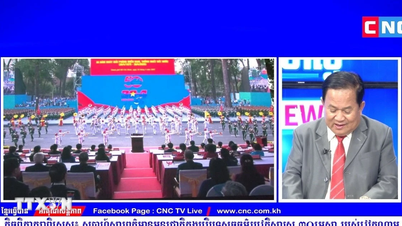

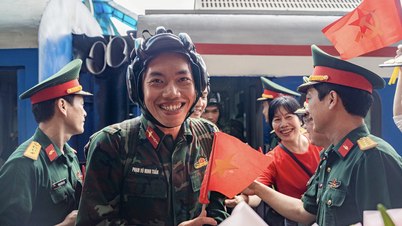

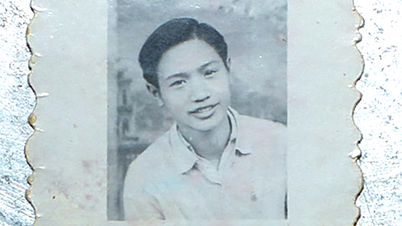
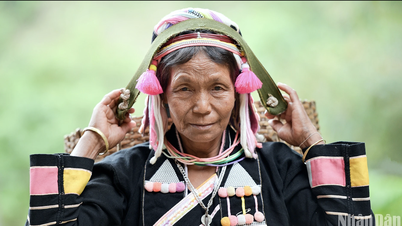

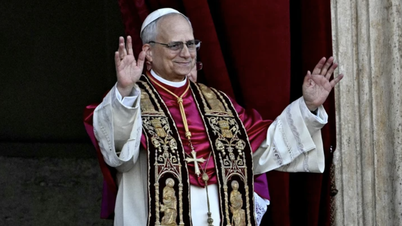
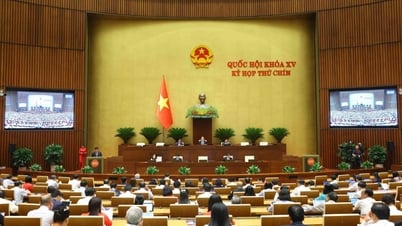

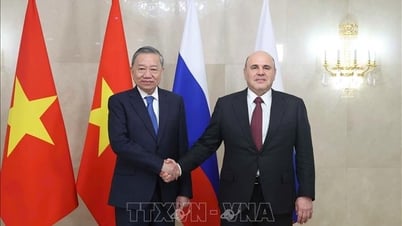




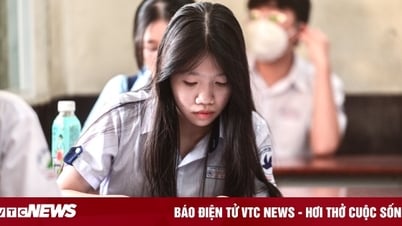
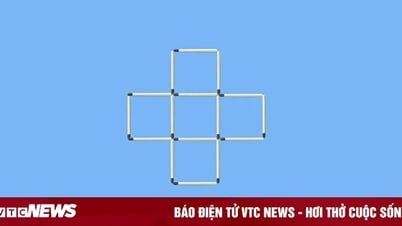
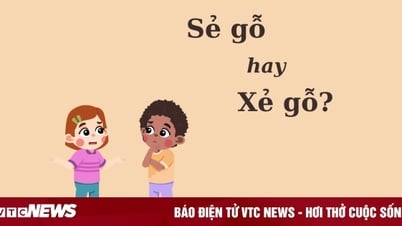
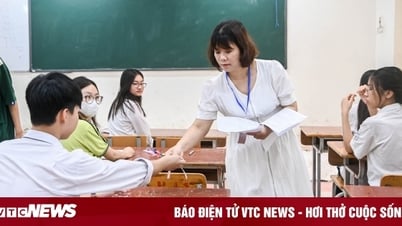
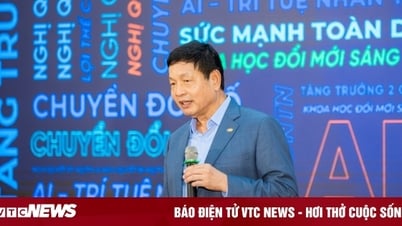






























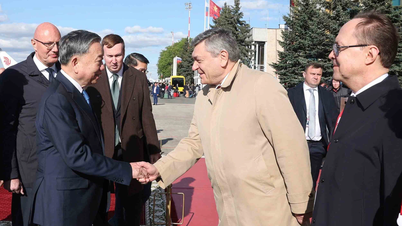












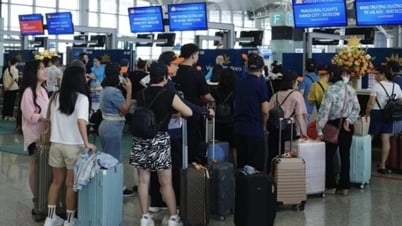

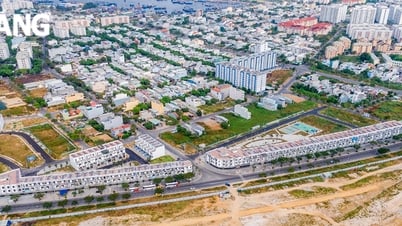

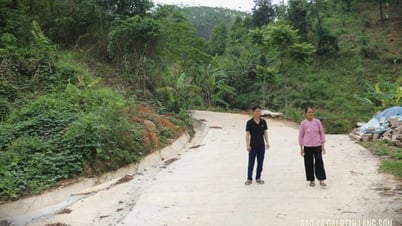

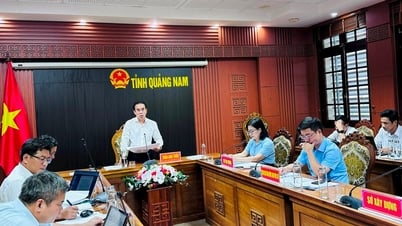

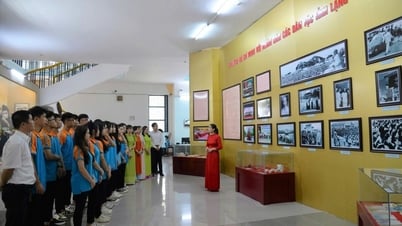
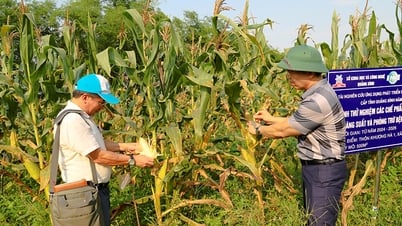













Comment (0)